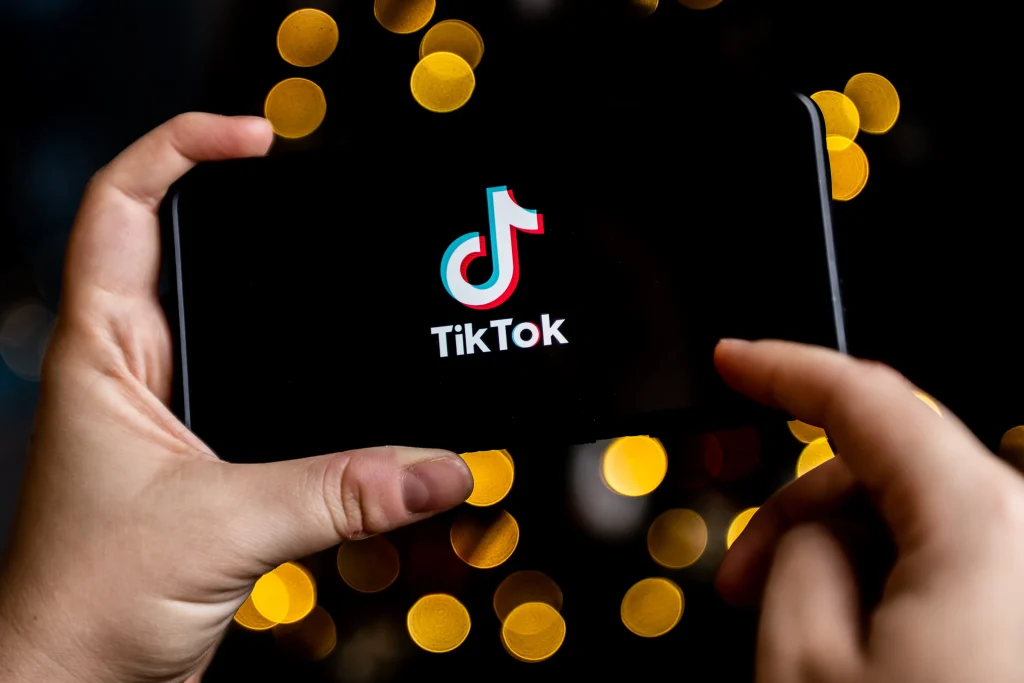TikTok has initiated a legal challenge to block a U.S. law that mandates the app be sold by its Chinese parent company, ByteDance, or face a ban in the country.
In the lawsuit, the social media platform described the law as a significant infringement on the free speech rights of both the company and its 170 million American users. It argued that the U.S. has only provided “speculative concerns” to justify the law and requested the court to halt its enforcement.
President Joe Biden signed the bill into law last month, citing national security reasons.

The legislation follows prolonged concerns in Washington that TikTok’s ties to China could lead to American user data being accessed by the Chinese government or being manipulated for propaganda purposes.
TikTok insists on its autonomy, and ByteDance has expressed that it does not intend to sell the business.
The Chinese government has denounced the law, labeling it as U.S. “bullying” of a foreign company, and indicated opposition to any sale.
White House press secretary Karine Jean-Pierre clarified in a briefing with reporters on Tuesday that the law was “not a ban but a divestment,” and directed further inquiries to the Department of Justice, which has declined to comment.
According to the law, app stores in the U.S. would be prohibited from offering TikTok starting in January 2025 unless ByteDance secures a buyer. President Biden could delay this deadline by 90 days if negotiations are progressing.
In its appeal to the DC Circuit Court of Appeals, TikTok argued that divesting in the manner required by the law is “simply not possible: not commercially, not technologically, not legally,” especially within the 270-day timeline stipulated by the Act.
TikTok contends that the law unfairly targets it, creating a “two-tiered speech regime” with one set of rules for TikTok and another for all other platforms. It highlighted that previous attempts to ban the platform, such as those by former President Donald Trump, faced legal challenges.
The company also pointed out the contradiction in claims of security risks by noting that many politicians, including President Biden, maintain accounts on the platform.
TikTok has invested over $2 billion in efforts to mitigate U.S. concerns by implementing safeguards around U.S. data.
Jacob Helberg, who leads a committee monitoring the national security implications of U.S.-China trade for Congress, dismissed TikTok’s efforts as a “deceptive marketing effort” and called the lawsuit “unserious,” claiming it does not address the underlying national security concerns.
However, Jameel Jaffer, executive director of the Knight First Amendment Institute at Columbia University, expressed optimism about the success of TikTok’s legal challenge.
“The first amendment means the government can’t restrict Americans’ access to ideas, information, or media from abroad without a very good reason for it – and no such reason exists here,” he said.
TikTok’s suit comes as recent comments by US Senator Mitt Romney, which tied the widespread support for the measure in Congress to the desire to shape US perceptions of the Israel-Gaza conflict, have drawn attention.
“Some wonder why there was such overwhelming support for us to shut down potentially TikTok or other entities of that nature,” Mr Romney said.
“If you look at the postings on TikTok and the number of mentions of Palestinians, relative to other social media sites – it’s overwhelmingly so among TikTok broadcasts.”
Mr Jaffer said such comments would make it harder for the US to defend the law.
But Congressman John Moolenaar, the current leader of the committee that helped to craft the law, said he was confident it would be upheld.
“Congress and the Executive Branch have concluded, based on both publicly available and classified information, that TikTok poses a grave risk to national security and the American people,” he said.
“It is telling that TikTok would rather spend its time, money, and effort fighting in court than solving the problem by breaking up with the Chinese Communist Party.”


